

National Association of Puerto Rican Hispanic Social Workers
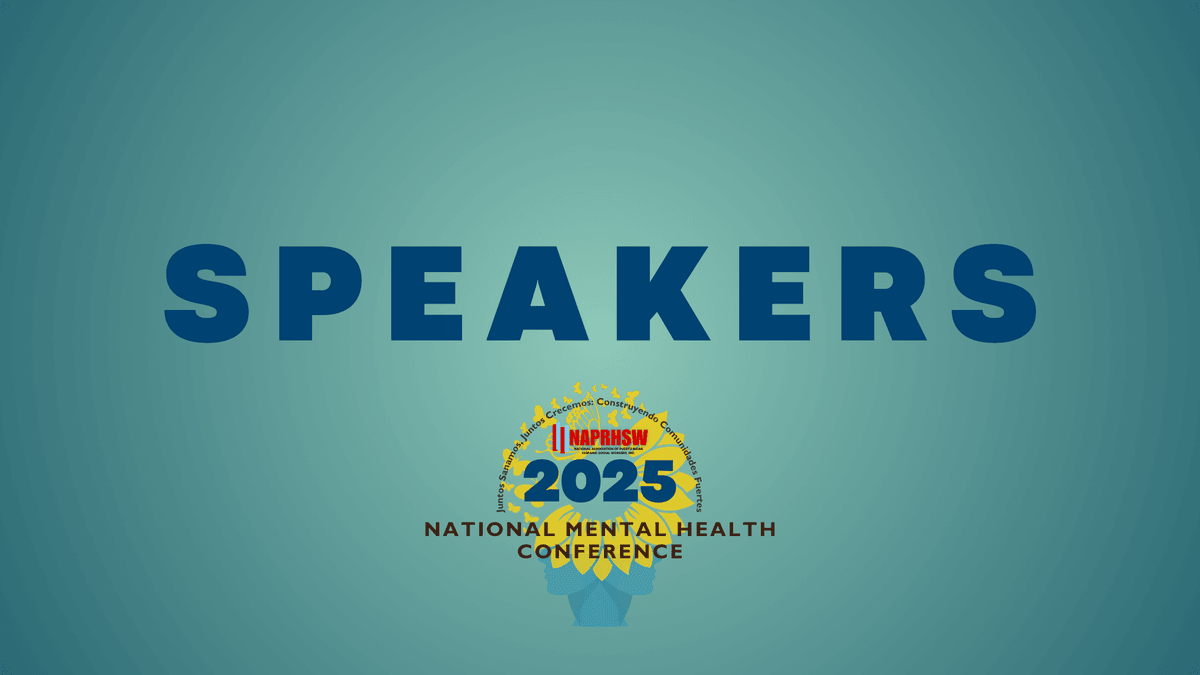
Conference Agenda
Location: Stony Brook University, Southampton Campus,
39 Tuckahoe Rd., Southampton, NY
Building: Chancellor's Hall
Welcoming Remarks
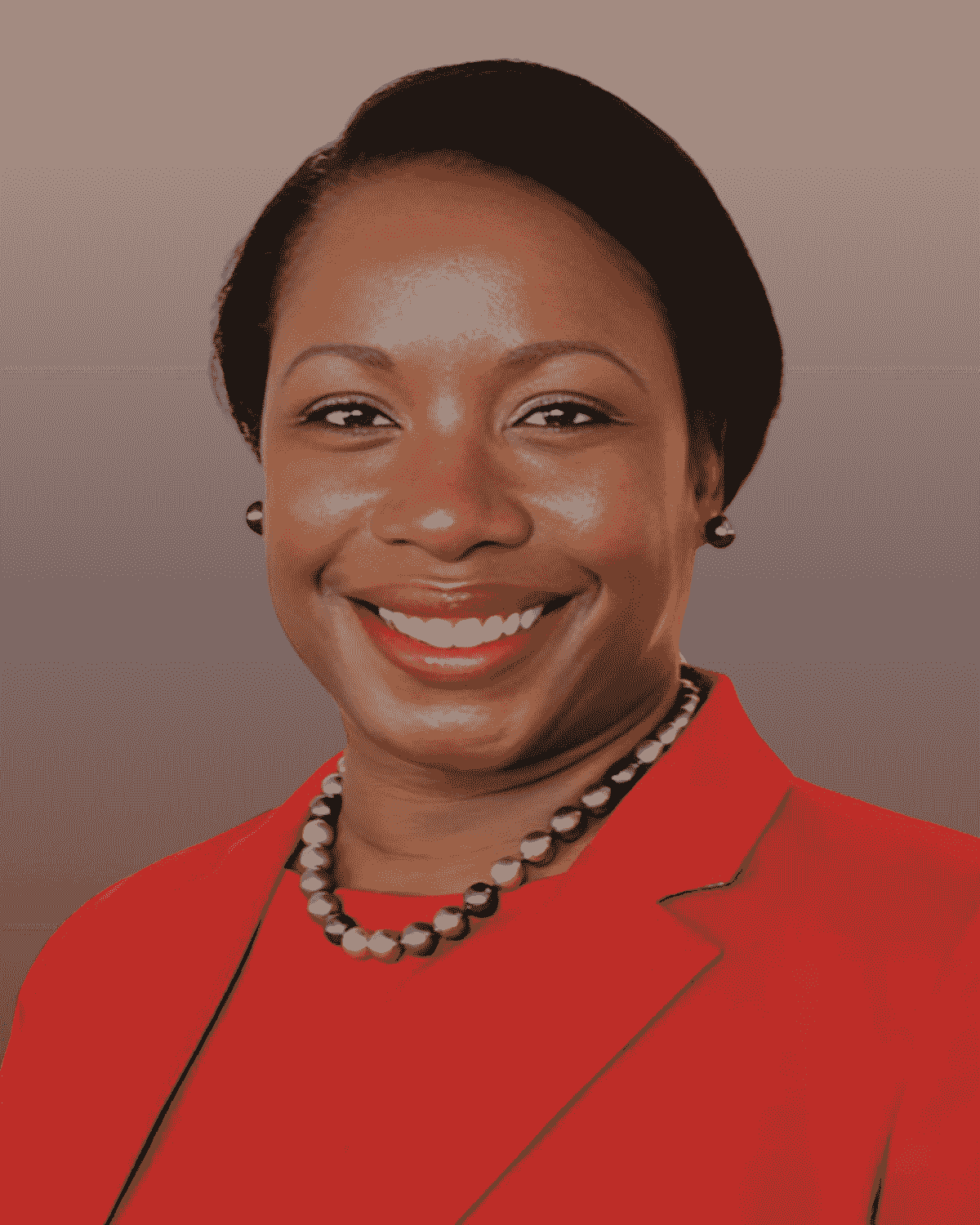
Wendy Pearson
Vice President for Strategic Initiatives and Executive Director of Stony Brook Southampton
Wendy drives strategic planning, campus development, and Stony Brook’s role with The New York Climate Exchange on Governors Island. She previously served as senior advisor to the provost at the University of Hawai‘i at Mānoa, leading accreditation, academic innovation, and $3 million in cross-disciplinary initiatives. Pearson holds a master’s in Asian Studies from UH Mānoa and a bachelor’s in journalism from Michigan State University.
Breakout Session I
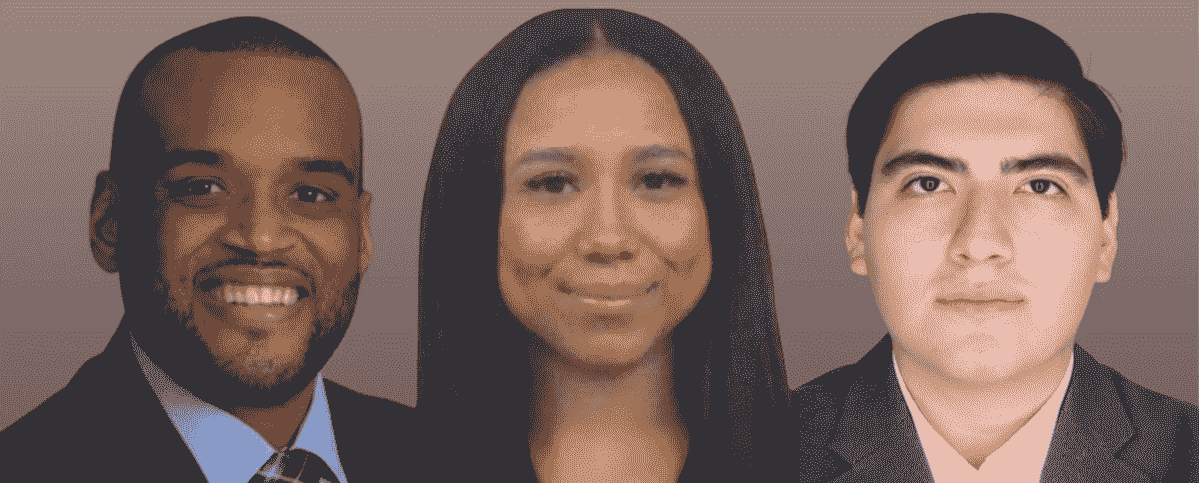
Handcuffs at 9! Police Involved Psychiatric Emergencies for Children
Dr. Wilfred H. Farquharson IV, Clinical Director, NewYork Presbyterian
Nidia Melendez, Case Manager, NewYork Presbyterian
Bryan Valdez-Felix, Case Manager NewYork Presbyterian
Room A
This session will review the clinical and social factors that contribute to police involved psychiatric emergencies in youth ages 5-12, exclusively. A review of race and SES differences, the impact of trauma, and set the charge for clinicians to have an active role in changing crisis response for children.
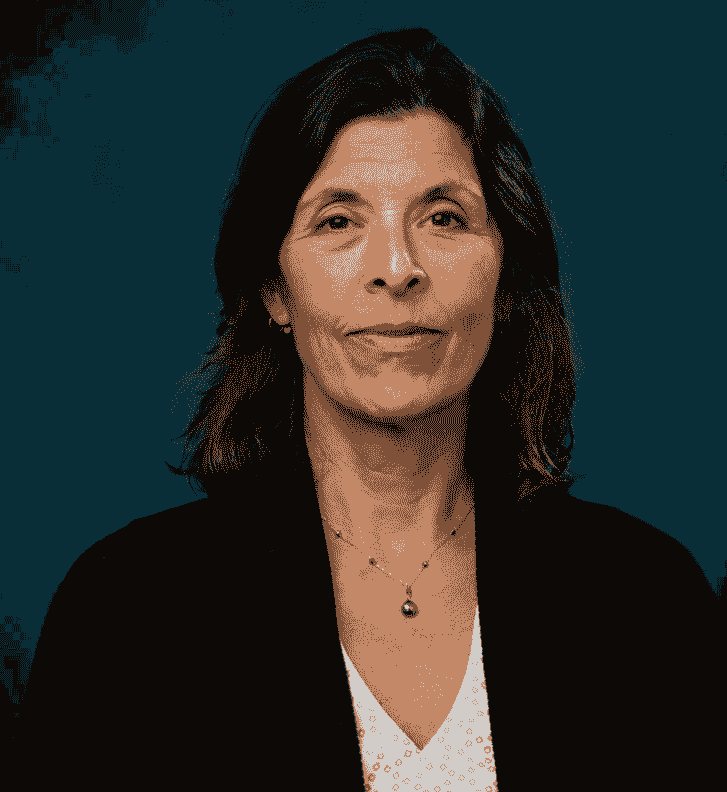
Serving our Latino clients: lessons learned providing substance use services to our immigrant community
Katherine Mitchell PhD, LCSW, CASAC owner of East End Counseling and staff
Room B
East End Counseling located in Sag Harbor has served our local immigrant community for over 15 years. This session will share lessons learned and best practices for serving the unique needs of substance use and the criminal justice system involved Latino clients.
In this workshop, attendees will gain awareness of the nexus of legal and mental health needs of immigrants clients involved in the criminal justice system. Attendees will understand the diversity of the East End immigrant community and need for person centered care, increase practice wisdom and best practices for working with this community.
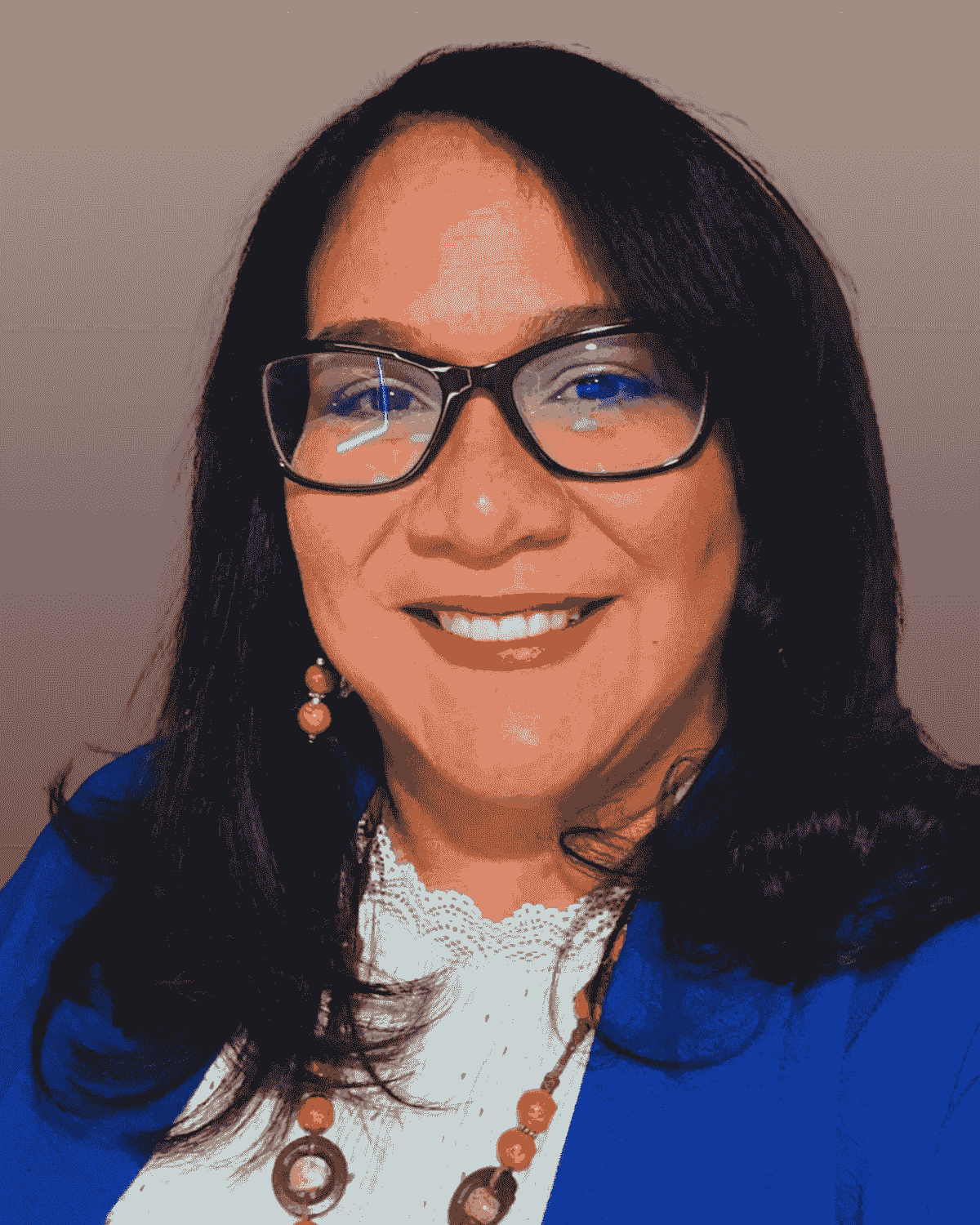
Understanding Human Trafficking: Trauma informed approaches for human services workers and educators
Yahira DeLeón, LMSW
Room C
A practical, healing-centered training that equips human service professionals to learn and recognize what human trafficking is . An interactive workshop centered around safety, trust, and empowerment while building the skills needed to identify and respond to human trafficking victim, survivors, family members and community. Participants learn core trafficking dynamics, trauma’s impact on learning and behavior, and how to apply social-emotional learning (SEL) and trauma-informed interventions in real contexts. Through scenario practice and reflection, attendees translate principles into everyday actions—creating predictable environments, offering grounding strategies, using restorative and culturally responsive approaches, and making empowered erferrals.
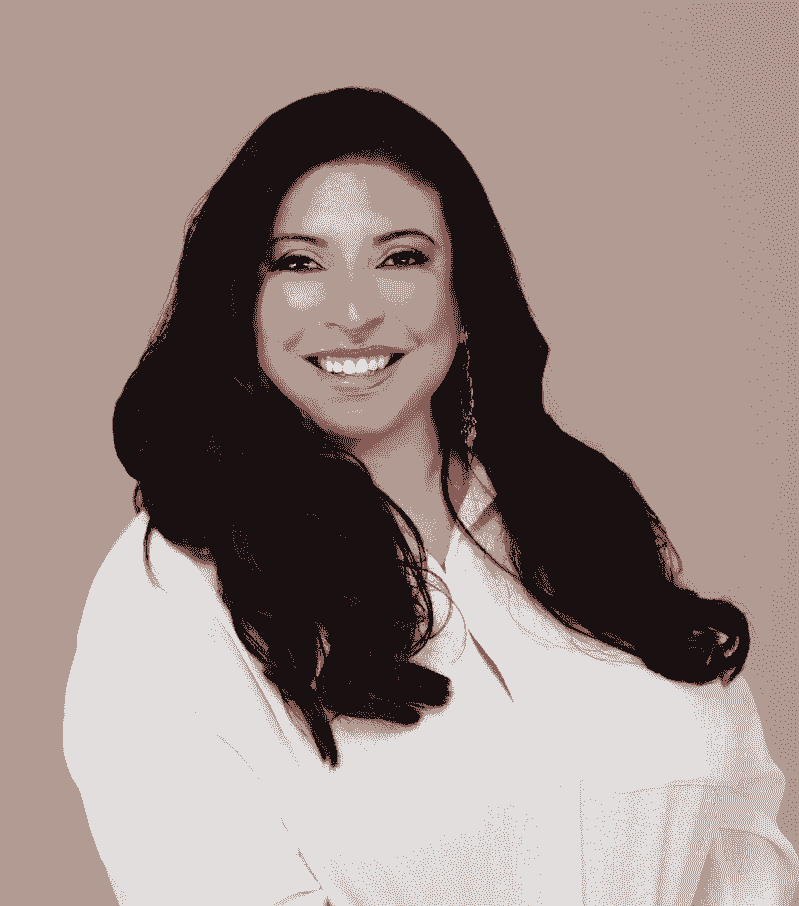
Post-Traumatic Growth and Healing: How to Put Yourself First and Practice Radical Self-Care
Erica Sandoval, LCSW, SIFI - Executive Director, Siembra Today
Room D
In this workshop, attendees will discover the relationship between post-traumatic growth and radical self-care. Intended for social workers and frontline professionals, particularly from marginalized communities, the workshop will discuss how we cannot effectively care for others if we don’t prioritize our own healing. Addressing themes of burnout, compassion fatigue, cultural stigma, and workforce resilience, this workshop will explore how putting yourself first is an important aspect of maintaining your own mental health while supporting clients and helping build stronger, healthier communities.
This session will explore why people of color are more likely to face barriers to self-care, and how radical self-care has political and social justice roots. Attendees will discover holistic, ancestral, and community-based practices as accessible and transformative ways to promote self-care and connect mind, body, and spirit. By prioritizing our mental health and wellness, we can not only heal from past trauma, but experience positive post-traumatic growth.Breakout Session II
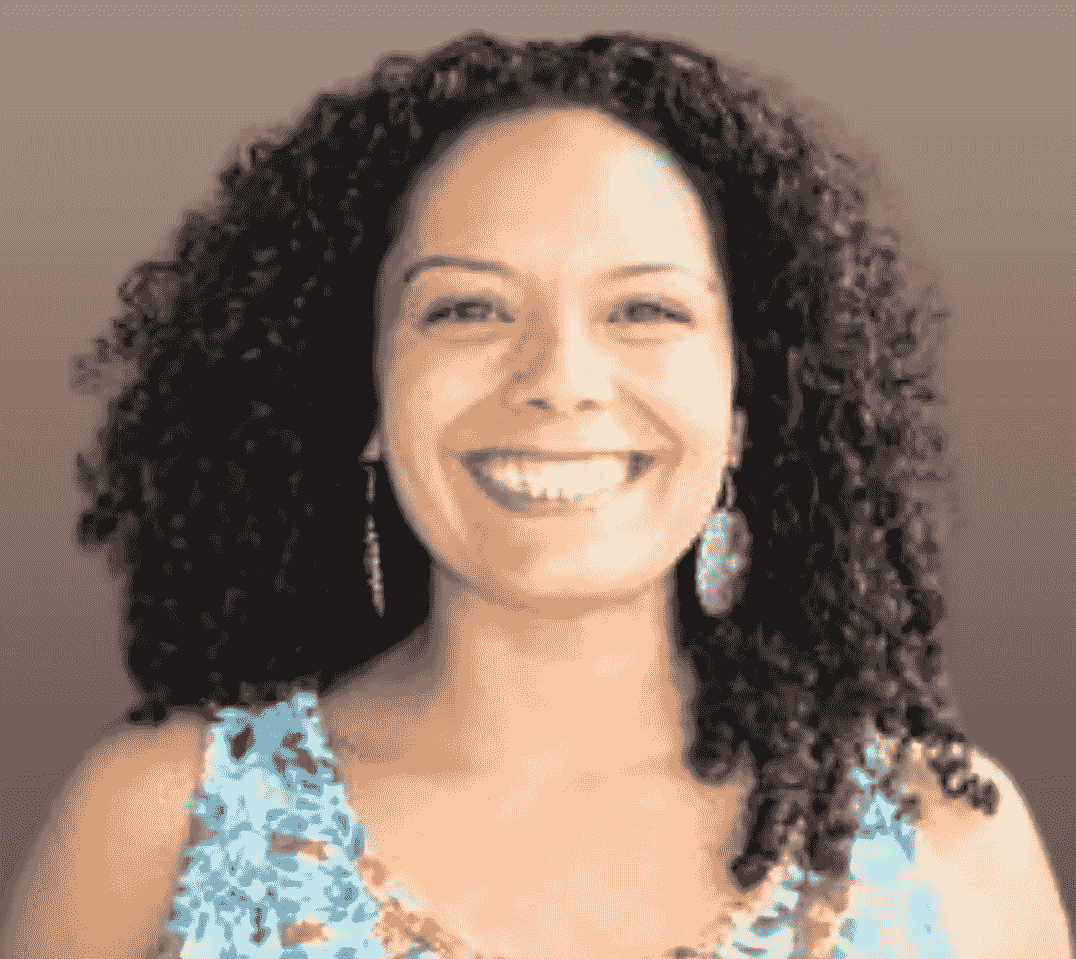
Do You Hear Voices? Psychosis, the Spiritually Gifted, and the Call for Culturally Responsive Care
Lauren N. Perez, LCSW-Healing Circle Facilitator, Energy Healer, Divine Flow Healing
Room A
Across communities of color, clients are too often diagnosed with psychosis when they are actually experiencing ancestral connection, spiritual awakening, or mediumship. The consequences are profound: unnecessary medication, stigma, and disconnection from family lineages of healing. This trauma-informed, culturally responsive workshop calls on social workers and human service professionals to expand their frameworks and prevent these harms. Through case stories, family narratives, guided reflection, and dialogue, participants will explore practical strategies for assessment, referral, and honoring client sovereignty. We will also examine how misdiagnosis is not only a clinical error but also an equity and justice issue that silences cultural ways of knowing. By engaging the NASW Code of Ethics through the lens of spiritually connected people of color, this session offers both tools and a call to action: to walk between worlds, protect ancestral gifts, and reimagine what competent, ethical care looks like.
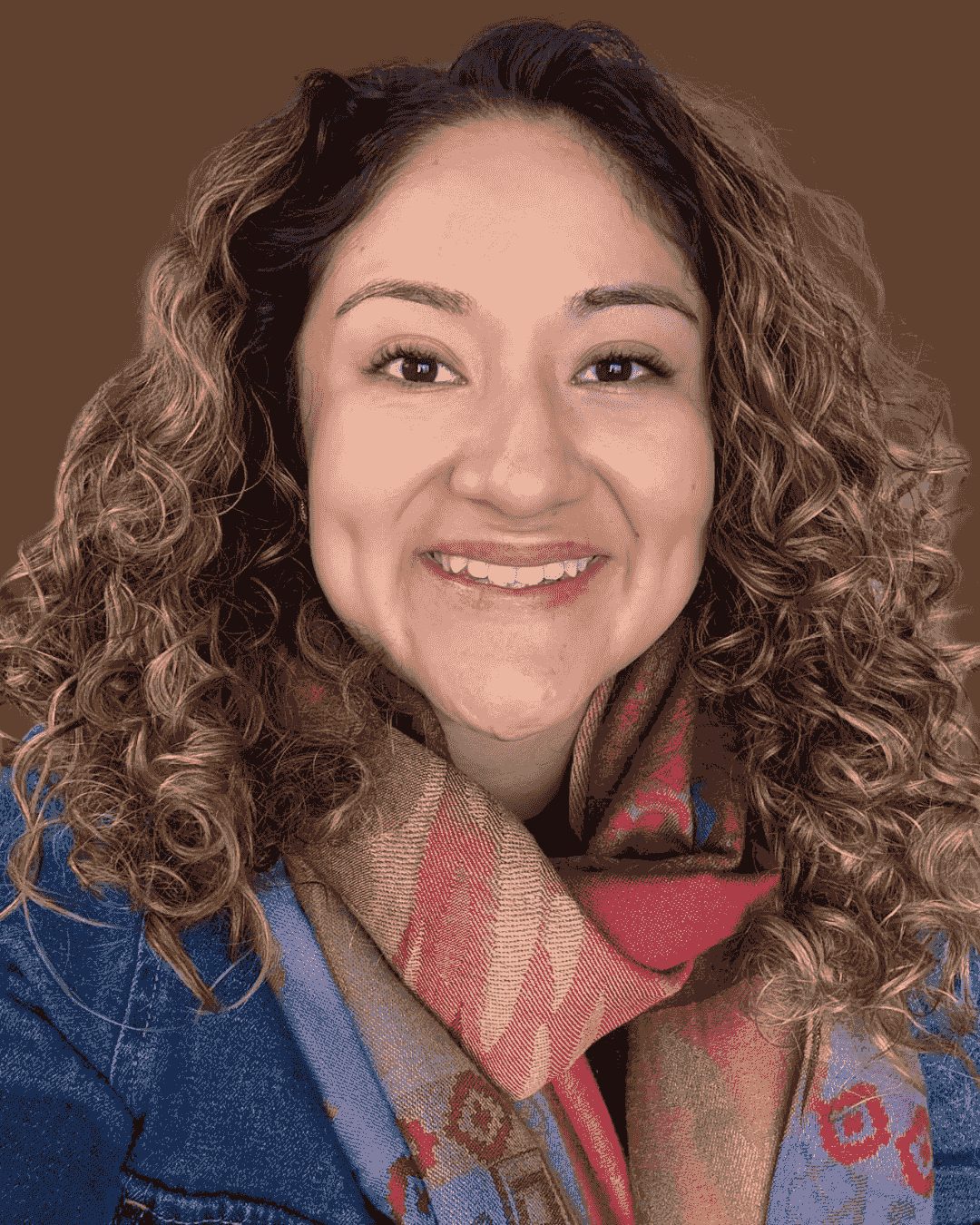
Unpacking Trauma: Supporting Immigrant Mental Health
Gianela Liendo Fuentes, LMSW, CARECEN- Central American Refugee Center
Room B
Through a trauma-informed lens, this workshop will focus on the profound impact of forced migration on mental health affecting undocumented immigrants, mixed status families, and those newly arrived to Long Island. We'll examine how forced migrants and their families often face conflict, persecution, and economic hardship within their home countries and how prolonged trauma and difficulty adapting to a new life results in chronic mental health struggles and isolation. The presenter will review the importance of social support within the immigration population whom are adjusting to a new culture, facing barriers related to discrimination, identity and language. We'll present real life case studies of immigrant clients engaging in therapeutic support groups/mental health services and their meaningful testimonials. By analyzing these case studies, we will discuss relevant interventions and tools to support our immigrant communities.
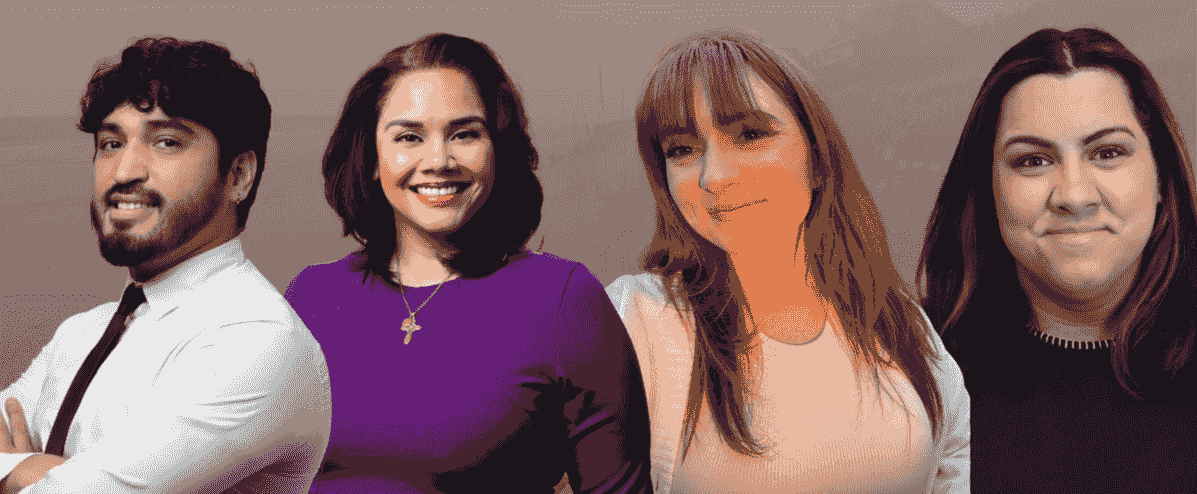
Bridging the Gap: Language Access and the Hidden Burden on Bilingual Staff
Moderator: Arlys Tineo, LMSW, SIFI - Social Worker - WMC Health and Valley Hospital
Panelists:
Mairead Rowan - Resource Accommodations Specialist - Bergen Community College
Madeline Maldonado, LCSW-R - Social Worker, Consultant, Author, Speaker, CEO - LCSW Consulting P.C., Minette LCSW Psychotherapy
Cristino N. Chavez Jr., LMSW, CTP - Forensic Social Worker, Adjunct Professor - Legal Aid SocietyRoom C
As cultural and linguistic diversity continues to expand across the United States, the imperative need for language access in mental health services becomes increasingly evident. Language proficiency has long been recognized as a critical determinant of health, shaping not only access to services but also the effectiveness of therapeutic relationships and treatment outcomes. Inadequate language support contributes to delays in care, miscommunication, and reduced service utilization, thereby exacerbating existing health disparities.
Equally significant are the often-overlooked challenges faced by bilingual professionals in predominantly monolingual service environments. Frequently positioned as the default mechanism for language access, these professionals are expected to bridge systemic gaps without adequate recognition, compensation, or formal certification. This reliance both undervalues their expertise and obscures the need for structural solutions.
This session will examine barriers and policy implications related to language access while proposing strategies that both enhance client outcomes and support a sustainable, equitable bilingual workforce.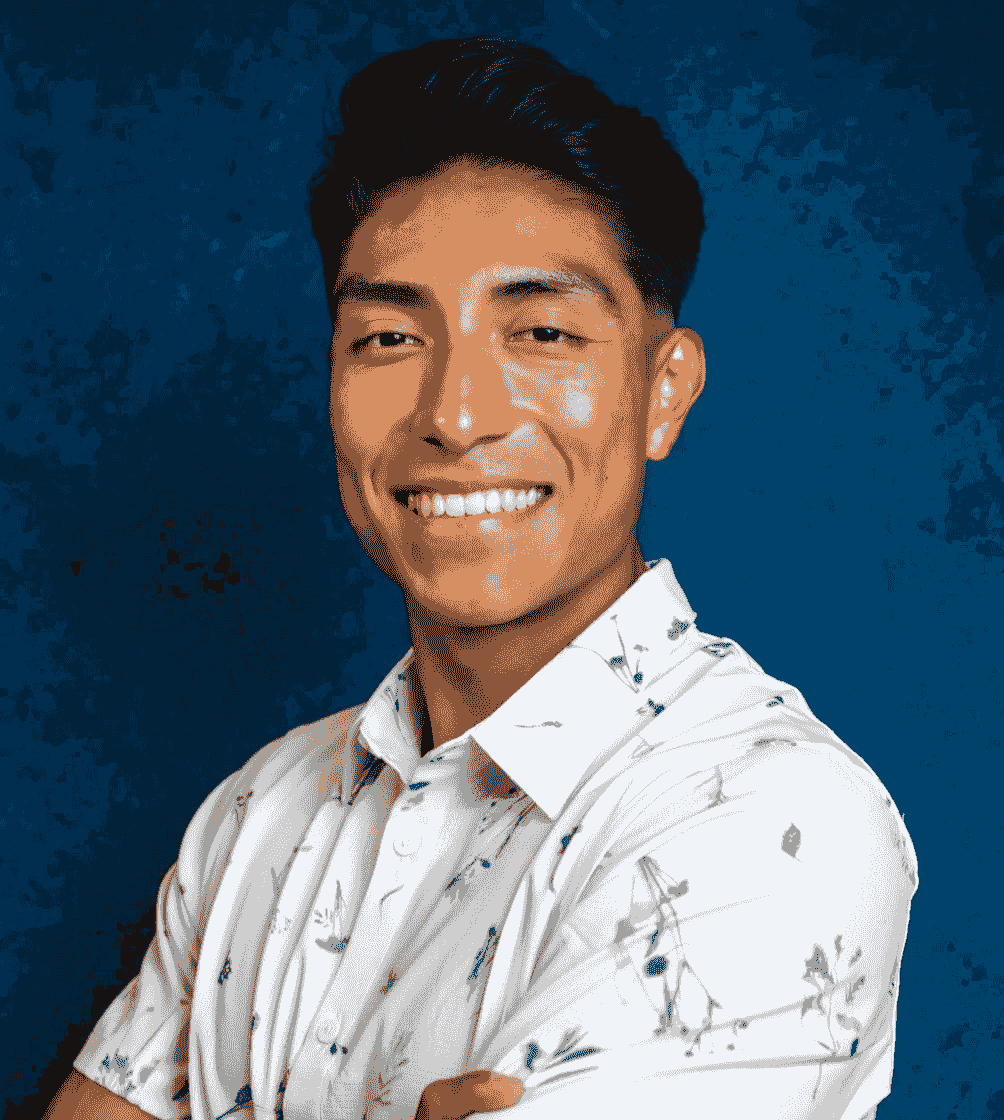
Healing in Our Voices: Latino Youth on Mental Health
Jon Lopez, Youth Connect Intervention Advocate, OLA of Eastern Long Island
Main Room (Duke Lecture Hall)
Storytelling has long been a source of wisdom, healing, and connection in Latino communities. In this youth-led panel, moderated by Jon Lopez of OLA, high school and college-aged panelists will share personal stories about navigating mental health within their families, schools, and communities. While some have felt supported in opening up about their emotions, others have encountered cultural stigmas and barriers that make vulnerability more difficult.
Audience members will gain a deeper understanding of how Latino youth define mental health today, what prevents them from speaking openly, and what helps them feel safe to share their truth. Through interactive dialogue, attendees will learn how family dynamics, peer influences, and school environments shape these experiences. Most importantly, professionals and educators will hear directly from young people about the culturally responsive practices that build trust, empower youth, and reduce stigma. Together, we imagine a future where healing begins with honest conversation.
Lunch with Performance & Vendor Hall
Keynote Address
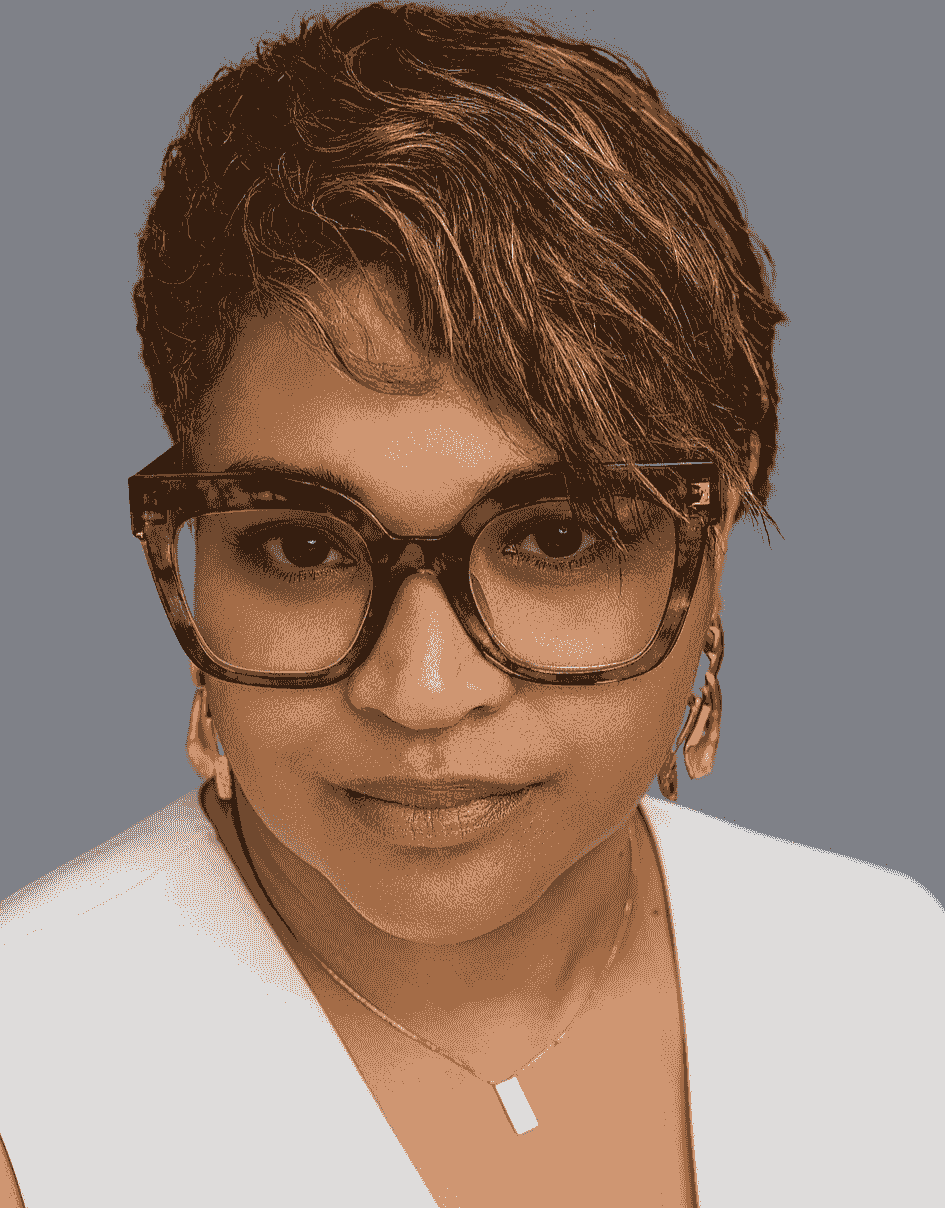
Fenix Nikaurys Arias, PhD
Dr. Fenix Nikaurys Arias is an executive leader, policy strategist, and educator with over 20 years of experience in public education, higher education, and community development. An immigrant from the Dominican Republic, she earned degrees from Hostos Community College, Columbia University, Baruch College, and a Ph.D. in Urban Education Policy from the CUNY Graduate Center. She has held senior leadership roles in Yonkers Public Schools and Bronx Community College, overseeing multimillion-dollar budgets, district operations, and student success initiatives. Her research on immigration, globalization, and minority rights has been recognized internationally, with presentations across the U.S., Europe, and Latin America. A committed advocate, Dr. Arias has led global campaigns to prevent child sexual abuse through Yo Digo No Más and continues to champion equity, inclusion, and social justice in every space she serves.
The American Dream is Gated: Measuring Social Exclusion on Long Island
Dr. Fenix N. Arias presents the Sociological Index of Social Exclusion (SISE), a data-driven framework built from U.S. Census, labor, health, and education sources. Using Nassau and Suffolk counties as case studies, this talk reveals how exclusion is both masked and seasonal—and offers five concrete strategies to reshape social inclusion.
Breakout Session III
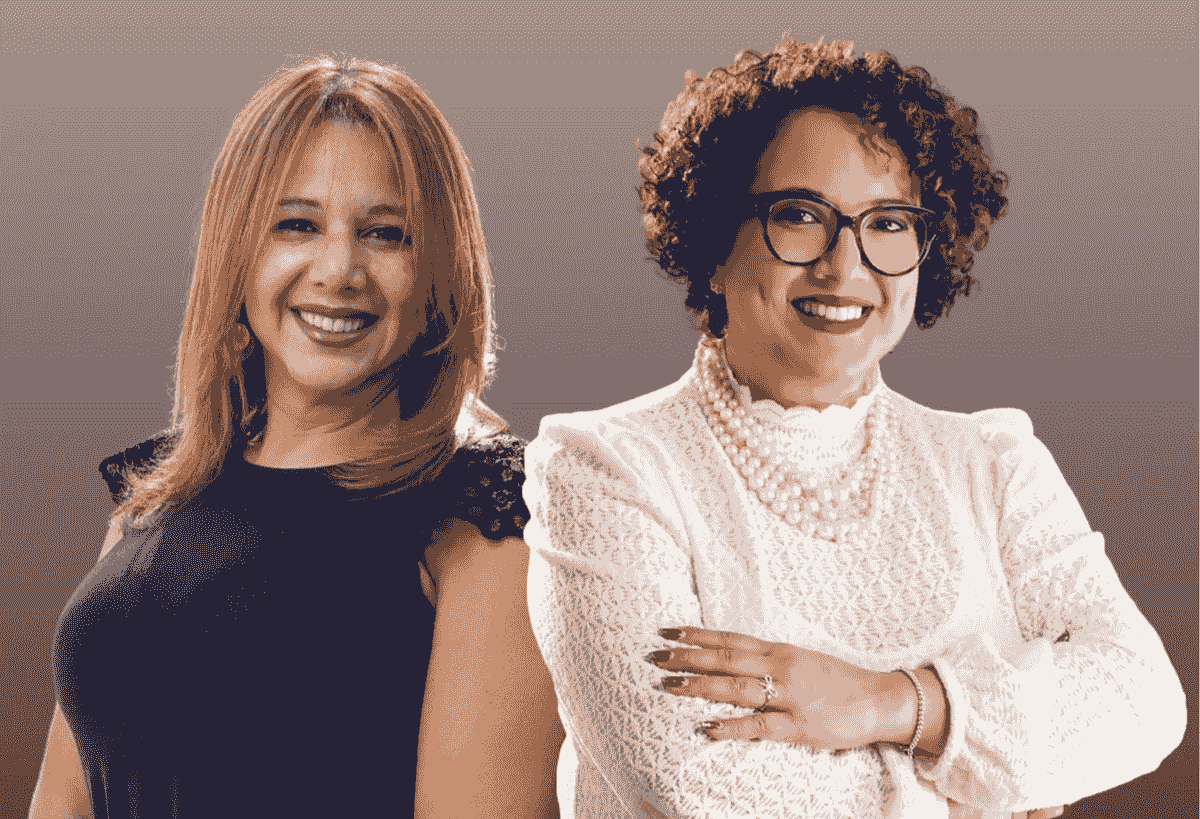
Trauma-Informed Maternal Mental Health in Latino Communities
Monika Estrada Guzman, LMSW-SIFI and Ana Deschamps, LCSW
Room A
Maternal mental health is deeply shaped by trauma, cultural context, and systemic inequities. For many Latino parents, factors such as migration, acculturation, intergenerational trauma, and limited access to linguistically and culturally responsive services create additional barriers to care. Without a trauma-informed lens, providers risk overlooking these complex realities or unintentionally reinforcing stigma.
This workshop offers a practical and culturally grounded exploration of maternal mental health in Latino communities. Participants will learn to recognize the unique challenges Latino parents may face during pregnancy, birth, and postpartum, and how trauma—whether historical, migration-related, or birth-related—can affect mental health and parent-child bonding. Emphasis will be placed on integrating trauma-informed principles of safety, trust, empowerment, collaboration, and cultural humility into both clinical and community-based settings.
Through interactive discussion, case studies, and applied strategies, the workshop will equip participants with tools to reduce stigma, honor cultural values such as familismo and respeto, and strengthen resilience. Designed for mental health providers, healthcare professionals, birth workers, and community leaders, this training aims to foster healing-centered maternal mental health care that supports healthier parents, children, and communities across generations.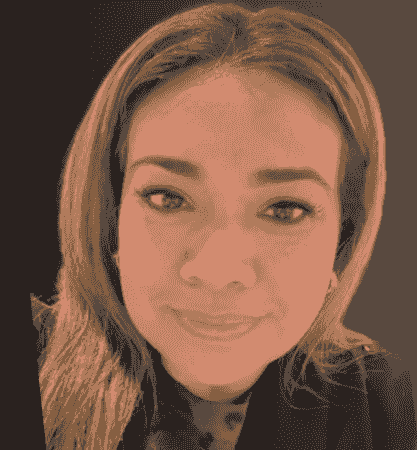
LCSW EXAM PREP BOOTCAMP
Dr. Edith Chaparro
Room B
The 60-minute social work exam prep workshop provides an overview of the licensure exam process, with a focus on the LCSW, while offering strategies that apply to all exam levels. Participants will learn effective approaches to micro and macro test questions, managing time, and avoiding common pitfalls. In addition, the session will highlight practical techniques for reducing test anxiety and building confidence on exam day. Drawing from over 20 years of experience as a social work exam prep instructor, the presenter will share proven methods that have supported countless social workers in achieving licensure. Attendees will leave with concrete strategies, increased confidence, and a clearer understanding of how to approach their upcoming exam with focus and success. This session is ideal for exam candidates at any stage of preparation.
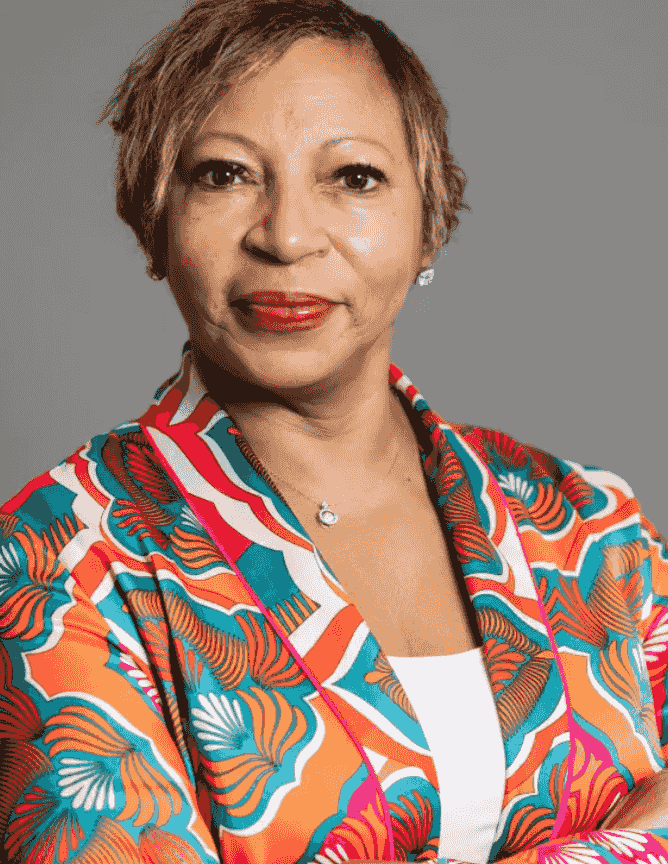
IFS (Internal Family Systems): A Compassionate Approach in Working with Immigrants and Asylum Seekers
Rosa Bramble Caballero, LCSW-R Founder and Executive Director of Venezuelan Alliance for Community Support
Room C
Immigration into the United States is fraught with challenges and traumatic experiences, The current anti-immigrant, socio-political atmosphere contributes to a climate where immigrants are seen as undesirable, and a threat to economy, safety and culture.
This workshop will explore how to use Internal Family Systems (IFS) to understand and support the psychological, emotional, and practical challenges of migration and asylum seekers. It equips practitioners with tools to effectively support diverse immigrant clients by exploring key aspects of their experiences.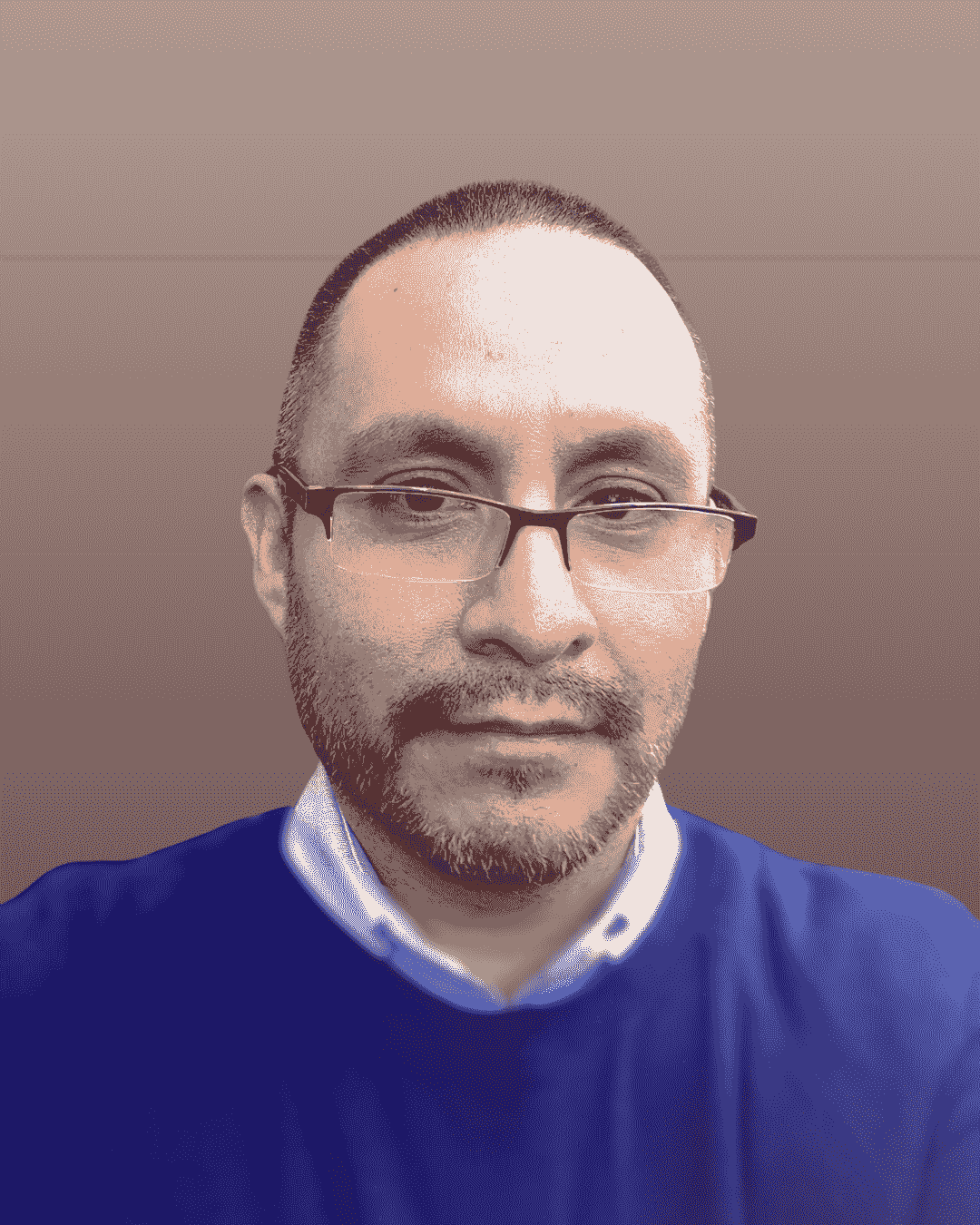
Beyond SEL (Social Emotional Learning) and Trauma-Based Programs for Migrant Youth in Schools
Juan David (JD) Gastolomendo, Bilingual School Social Worker, NYC Public Schools and Doctoral Student, CUNY Graduate Center
Room D
In this workshop, we will critically examine the limitations of Social Emotional Learning (SEL) and trauma-based programs when applied to the unique experiences of migrant youth. While often well-intentioned, these frameworks can inadvertently perpetuate master narratives by focusing on individual deficits and assimilation, rather than addressing systemic oppression, indigeneity, and historical trauma.
Drawing on community-based, participatory approaches, this presentation challenges "treating" migrant youth's trauma and instead advocates for empowering youth to identify and address the social determinants of their own mental health within schools. We will explore how to move beyond a deficit-based model to one that centers the indigenous knowledge of migrant students and their families through culturally sustaining school social work.Scholarship Reception and Networking
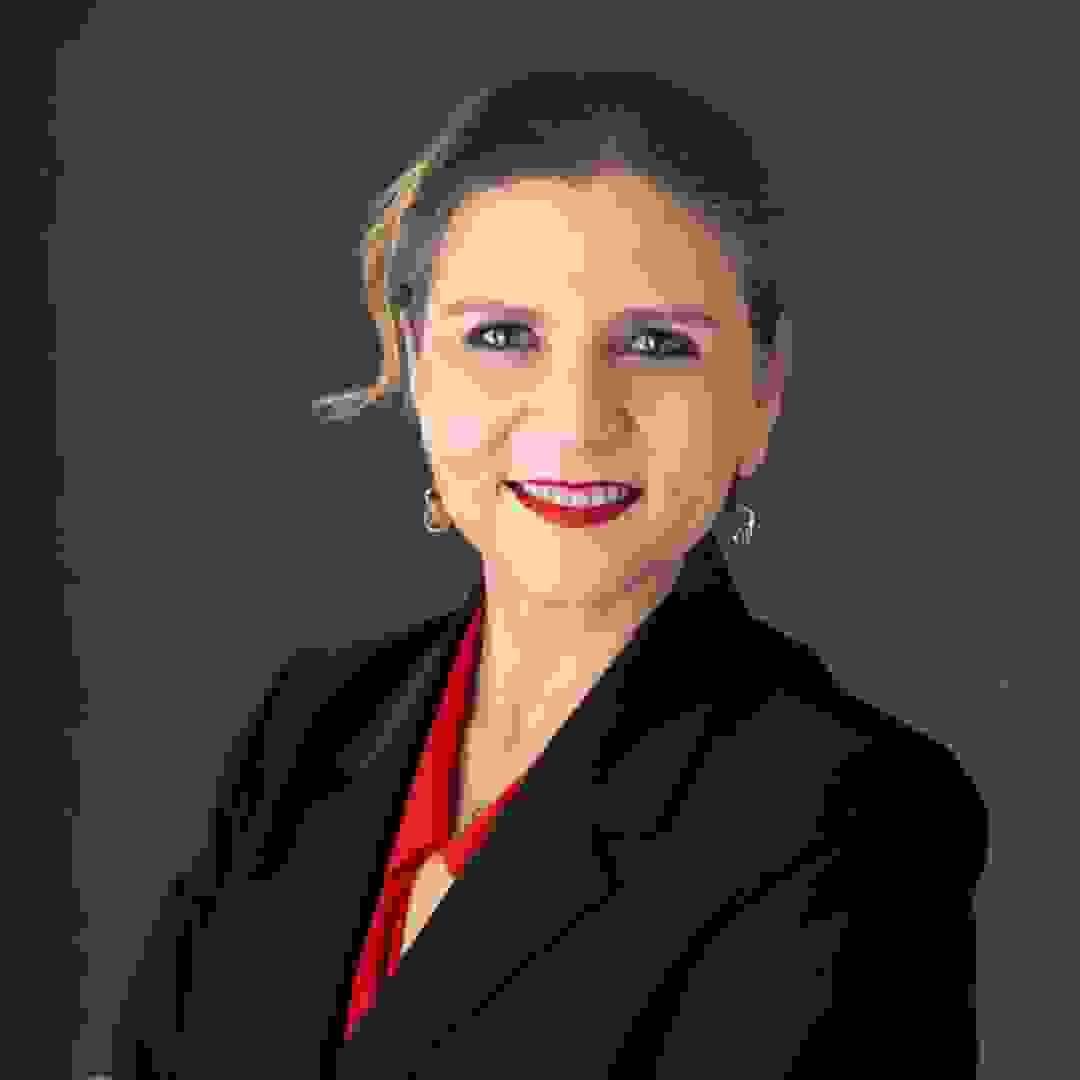
Closing Remarks
Claudia M. Boyle, LMHC, Chief Executive Officer at Hispanic Counseling Center
Claudia Boyle, LMHC, is the CEO of the Hispanic Counseling Center, recognized for her leadership, clinical expertise, and commitment to the community. Since joining HCC in 2007, she has held multiple leadership roles, including Clinician, Kinship Program Coordinator, Youth and Family Coordinator, and Associate Director. Under her guidance, HCC has expanded programs and services for adolescents, families, and the broader community, solidifying her reputation as a trusted and visionary leader in the field.
© 2024
















